Description
Some individuals with intellectual disabilities experience pervasive patterns of feeling and thinking that affect the way in which the relate to others and understand themselves – sometimes so overwhelmingly so, that they find it difficult to navigate the daily challenges of life. These complex issues can leave staff feeling confused and believing that they do not possess the necessary skills. This fully updated handbook provides a framework for understanding and addressing the issues that can arise when supporting individuals with an intellectual disability, whose mental health needs and behaviours present a challenge to services. It aims to empower staff to use and develop their skills to give the right support at the right time so individuals can thrive to their potential.
This second edition includes new content to reflect developments over the last decade towards trauma-informed care, the neurodiversity movement and considering the term ‘personality disorder’. Section one focuses on diagnosis, psychologically-informed approaches, how to provide positive support and facilitate collaborative working relationships between teams and services. Section two provides practical, proven strategies for addressing specific issues such as self harm, emotional distress and regulating impulses, and for promoting wellbeing for staff and those they care for.
Audience
Trauma specialists including psychologists, nurses and other health professionals; students in this area; any caregiver of people recovering from trauma and PTSD; care provider organisations.
Details
Publisher: Pavilion Publishing and Media Ltd
ISBN: 9781803882581
Publication Date: August 2023
Content
Foreword by Dr Karen Dodd
1: What is meant by the term ‘PD’ and how to provide positive support
1. How can ‘PD’ be understood in relation to individuals with ID
2. Understanding the development of patterns of relating and behaving that can lead to a diagnosis of ‘PD’
3. Intervention: an integrated approach
4. Formulation: collaboratively creating a shared understanding
5. Building good working relationships and facilitating engagement
6. Services: right place at the right time
7. Building collaborative working relationships within / between teams
2: The ‘support and intervention toolbox’
8. Helping everyone survive crises
9. Suicidal behaviour and self harm/injury
10. Applying positive behavioural support
11. Emotional distress
12. Building supportive relationships
13. Regulating impulses
14. Unhelpful core beliefs and patterns of thinking
15. Building a positive sense of self
Authors
Zillah Webb worked as a clinical psychologist in a range of roles in the NHS and voluntary sector in services for adults with intellectual disabilities and paediatric services. Prior to training, she worked in support roles for people with intellectual disabilities or mental health problems. Her final NHS role, before retiring, was in a specialist inpatient service for individuals with intellectual disabilities and mental health problems.
Vicky Lauté is a Principal Lead Psychologist with experience of working in Adult Mental Health Outpatient Services and Community Teams for People with Learning Disabilities. She is experienced in supporting people with intellectual disabilities whose mental health needs and behaviours present a challenge to services.
Kirsten Collins is a clinical psychologist working for Surrey and Borders Partnership NHS Trust.

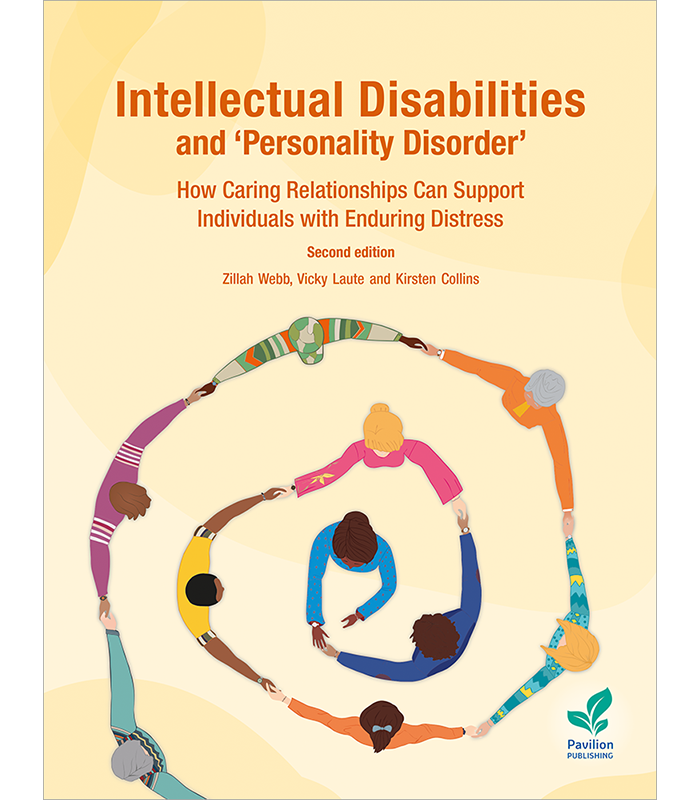
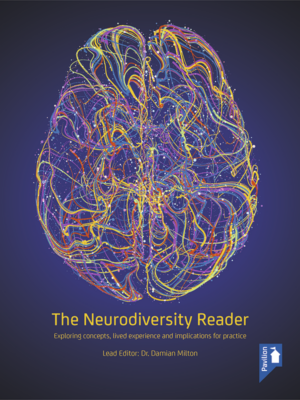
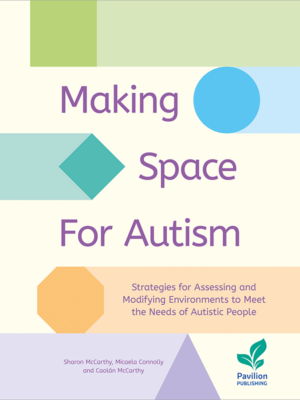
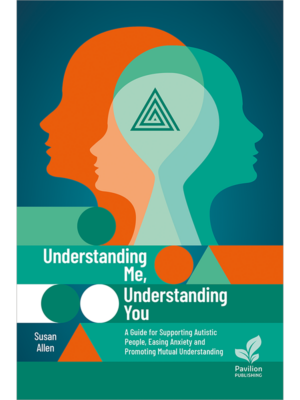
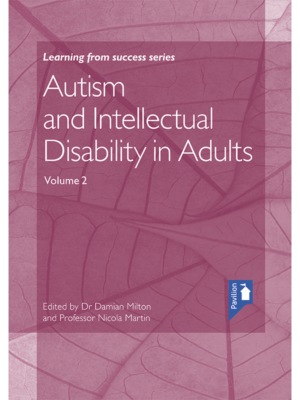
Reviews
There are no reviews yet.